Dakar may not be considered as a global hub, but the city, which serves as the West African headquarters for many NGOs and international agencies, is increasingly serving a global role. In 2014, the capital gained worldwide praise for its management of the Ebola pandemic. As of press time, Dakar had only a single case of the disease, which city officials quashed quickly with public awareness campaigns designed to dispel misinformation and rumors. But Dakar is also proving to be progressive outside of crisis management. Recent urban projects in the city have improved the appearance of paved roads and tiled sidewalks, allowing many citizens to take leisurely strolls (for the first time in some places). Many in the city are also becoming accustomed to the tech-driven convenience that one would expect in cities like London or New York: A new home delivery service called Sen-Express offers home delivery for anything from food to appliances from any shop or restaurant in the city. And while Dakar’s frequent water and power cuts can be slightly annoying at times, the city is fast defining what a modern African capital can be.
Hub for progress
The Raw Material Company may sound like a vegan food chain or an organic clothing shop, but it’s actually a space for symposiums and courses that bring together local and international artists and creative thinkers. Rotating exhibitions can be found in Raw’s spacious gallery, which patrons can browse before mingling on the rooftop restaurant for a drink or meal.
Civic engagement
Having just completed its second season this year, Dakar’s innovative Journal Rappé is more popular than ever. With more than 2.26 million views on their YouTube channel, local hip-hop artists Xuman and Keyti rap the week’s top news each Friday, in both French and Wolof. With their irreverent lyrics and heavy bass lines, Journal Rappé keep young citizens up to date on things that should matter to citizens of the city.
Street life
Need a full-length mirror? Or the complete works of Shakespeare? How about a new tube of mascara? Grilled peanuts? Or a coconut hacked opened by a roadside machete wielder? Dakar is a city full of hustlers. That’s just how most commerce works here. Someone will approach your car window to try and sell you something you never even knew you needed. Despite an attempt last year by the mayor to remove roadside sellers and street hawkers in many parts of the city—calling them “anarchic occupations”—2014 (thankfully) saw the prompt return of Dakar’s eclectic peddler culture.
Defining moment
Following the arrival of a single case of Ebola imported from Guinea in August, the city quickly came together to step up prevention and response efforts. Government and health workers went to work educating the public, while local shops and schools set up hand sanitizing stations. After nearly two months of fear that Senegal would become the next Guinea or Liberia, the World Health Organization declared the entire nation Ebola-free in October.
Connectivity
Dakar’s famous colorful car rapides, or informal minibus taxis, got an upgrade this year: free Wi-Fi. The select buses are painted bright blue and feature advertisements so people know which ones to hop on if they want an internet connection on their commute to work. And, at just $0.50 to make it from one end of town to the other, the hop-on-hop-off buses are the most efficient way to get around.
Green life
This year saw a positive step forward in Dakar’s pollution problem with the city hosting the fifth annual Africa Water Week in May. Aimed to help those without access to a sanitary water source, the event focused on sustainable management of Africa’s water resources and on delivery of safe water to more people. The resulting Dakar Declaration, which called for a dedicated goal on water security and sanitation, was met with endorsements from international NGOs like WaterAid.
Diversity
With many NGOs and international agencies headquartered in Dakar, the city serves as a hub for plenty of international travel to and from the West African region. Because of this, Dakar officials had a particular challenge managing the Ebola outbreak, setting up a temporary “humanitarian corridor” at a local airbase to expedite health checks of humanitarian workers. The WHO applauded the response the response of Dakar officials.
Work/life balance
The biggest Muslim festival of the year in Dakar is Tabaski, known to other Muslims as Eid al-Adha. Preparations for the Feast of the Sacrifice dominate citizens’ time in the lead-up to the festival, held this year on October 4. While local government usually relaxes border controls and regulations to allow for the influx of 250,000 sheep that are needed for the festival, this year about 1,000 families received their sacrificial animal via Dakar-based e-commerce site Niokobok, a new social tool that allows the overseas Senegalese diaspora to gift food and provisions to their family living in Dakar.
Jennifer Lazuta has been working as a freelance journalist, covering health and humanitarian issues in Dakar since 2012. She enjoys long morning runs alongside the coastal seaside path and then "cooling off" with fresh coconut water from roadside vendors. Getting lost in the chaos of local markets and “bargaining hard” is also a favorite pastime.







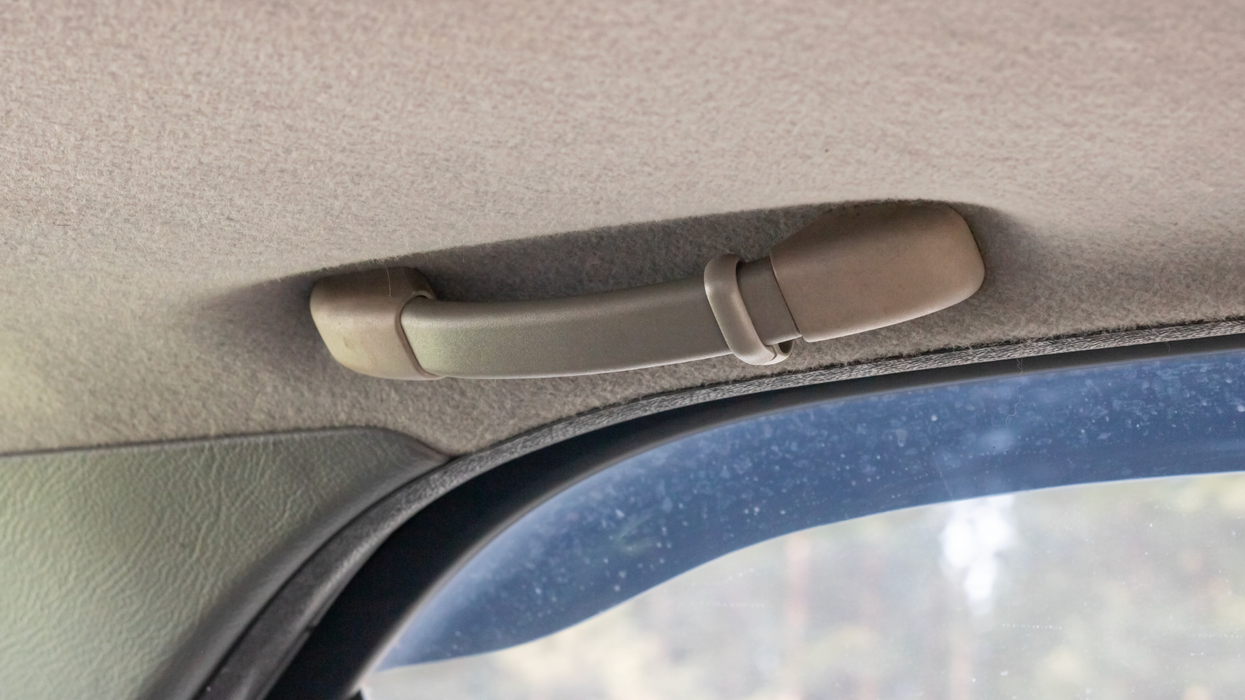








 Creativity and innovation are both likely to become increasingly important for young people entering the workplace, especially as AI continues to grow.
Creativity and innovation are both likely to become increasingly important for young people entering the workplace, especially as AI continues to grow.
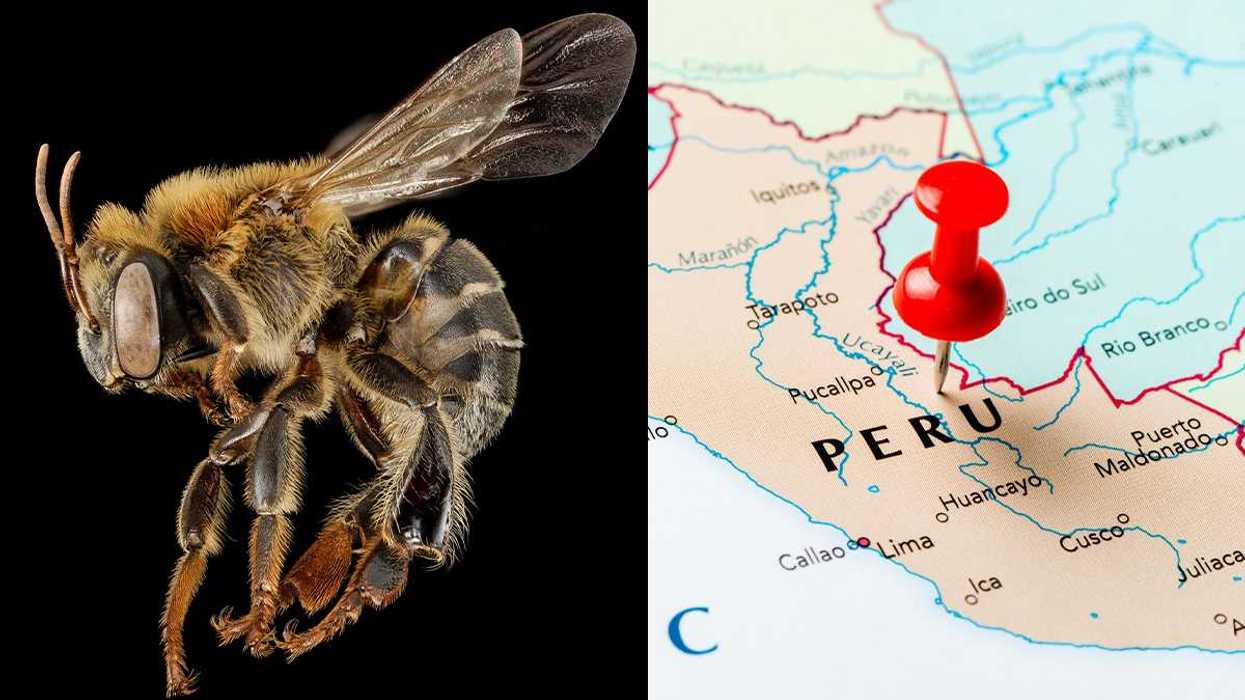
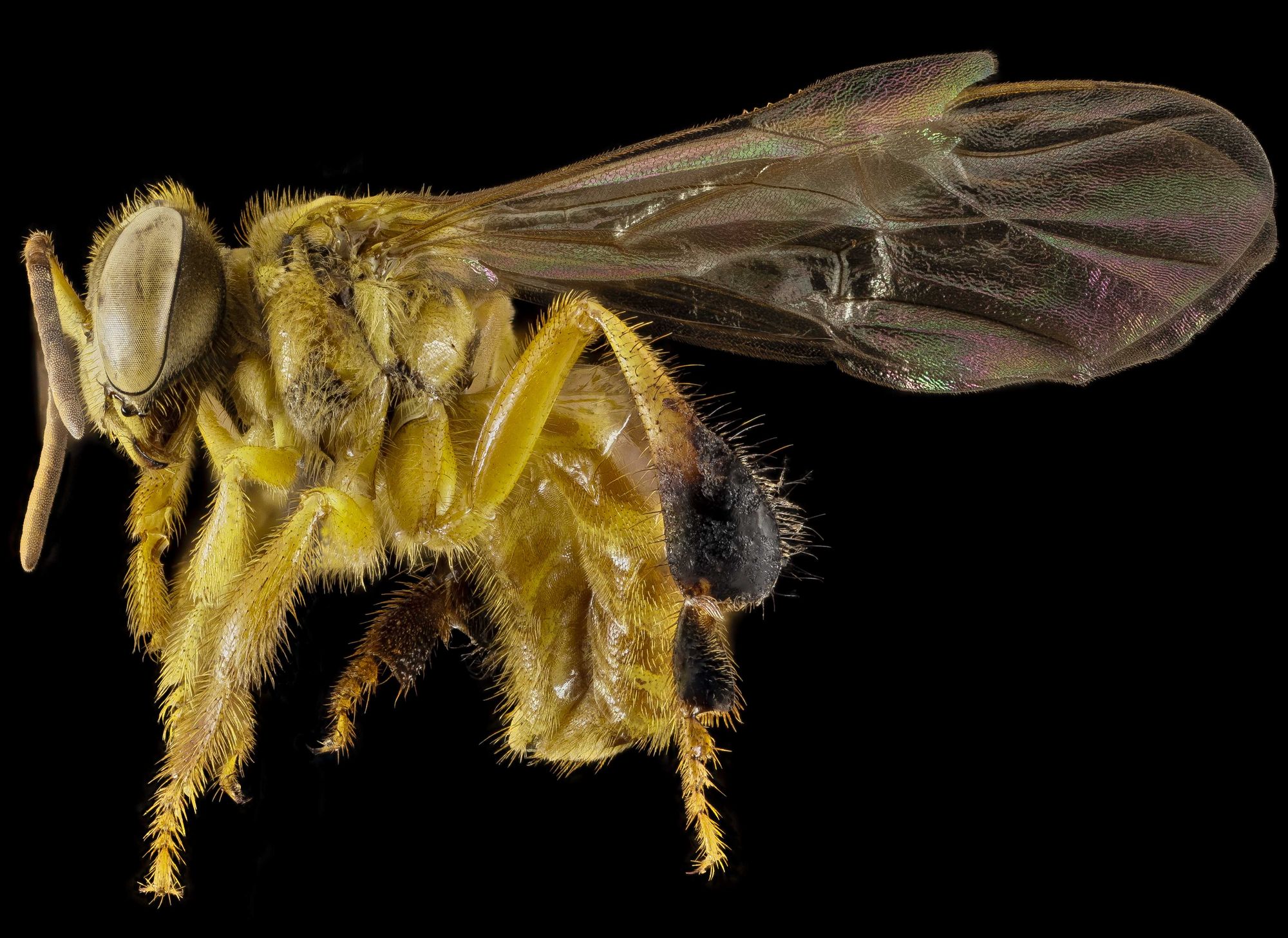 Peru stingless bee.USGS Bee Inventory and Monitoring Lab/
Peru stingless bee.USGS Bee Inventory and Monitoring Lab/ 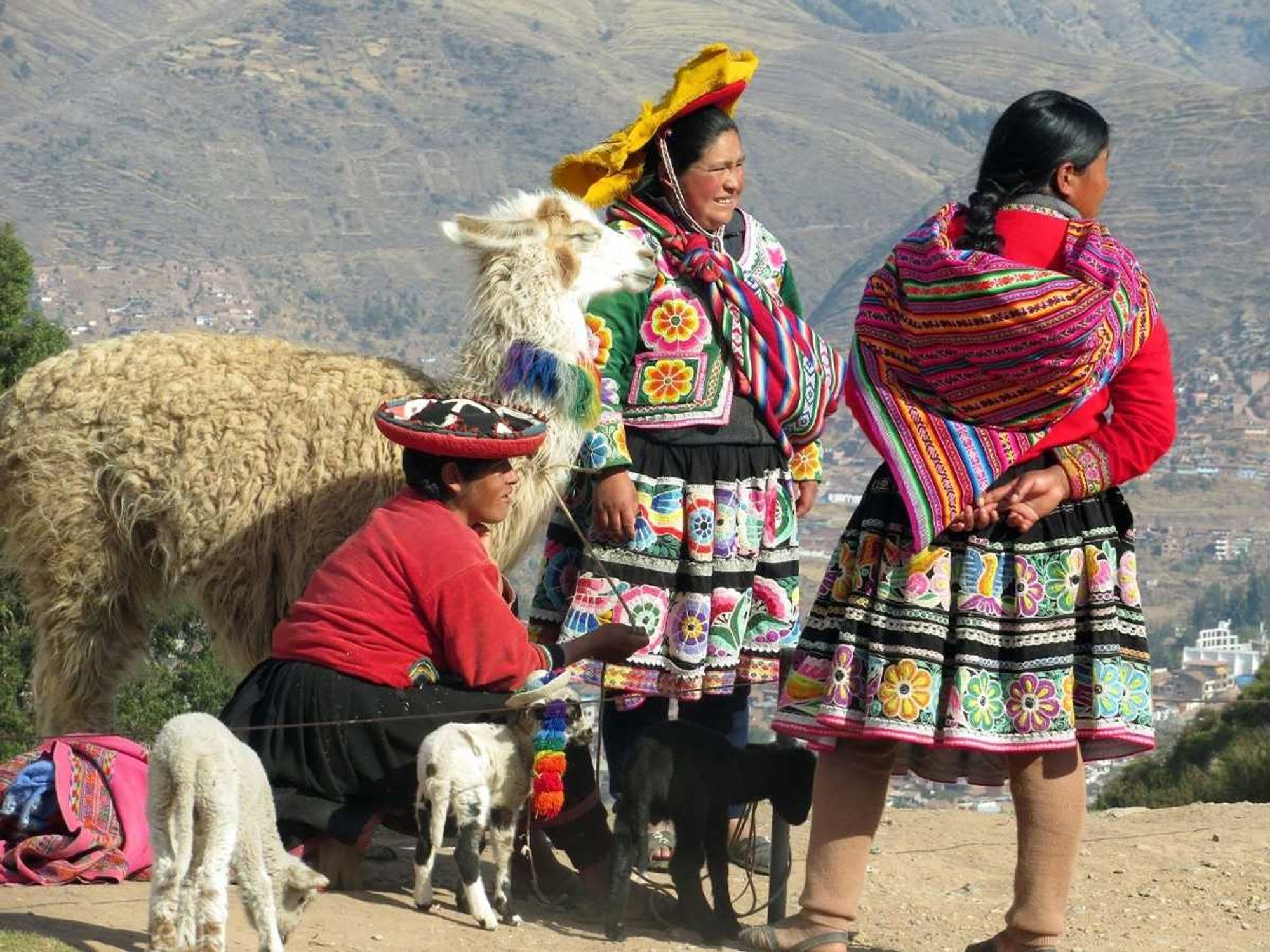 Indigenous Peruvian people.Photo credit
Indigenous Peruvian people.Photo credit 
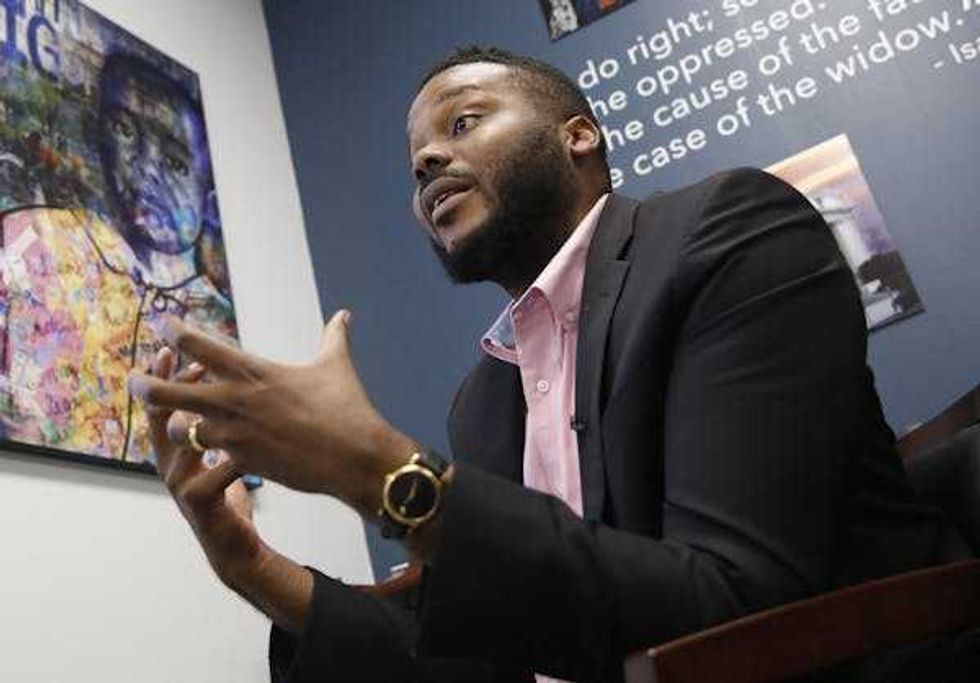 As mayor of Stockton, Calif., Michael Tubbs ran a pioneering program that provided a basic income to a limited number of residents.
As mayor of Stockton, Calif., Michael Tubbs ran a pioneering program that provided a basic income to a limited number of residents.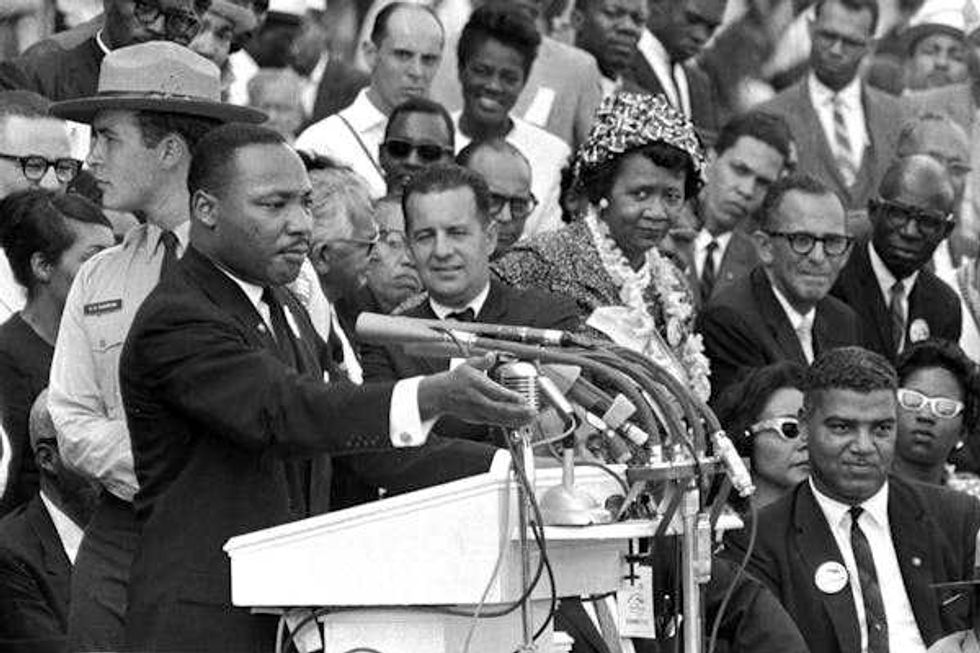 Martin Luther King Jr. believed Americans of different racial backgrounds could coalesce around shared economic interests.
Martin Luther King Jr. believed Americans of different racial backgrounds could coalesce around shared economic interests.
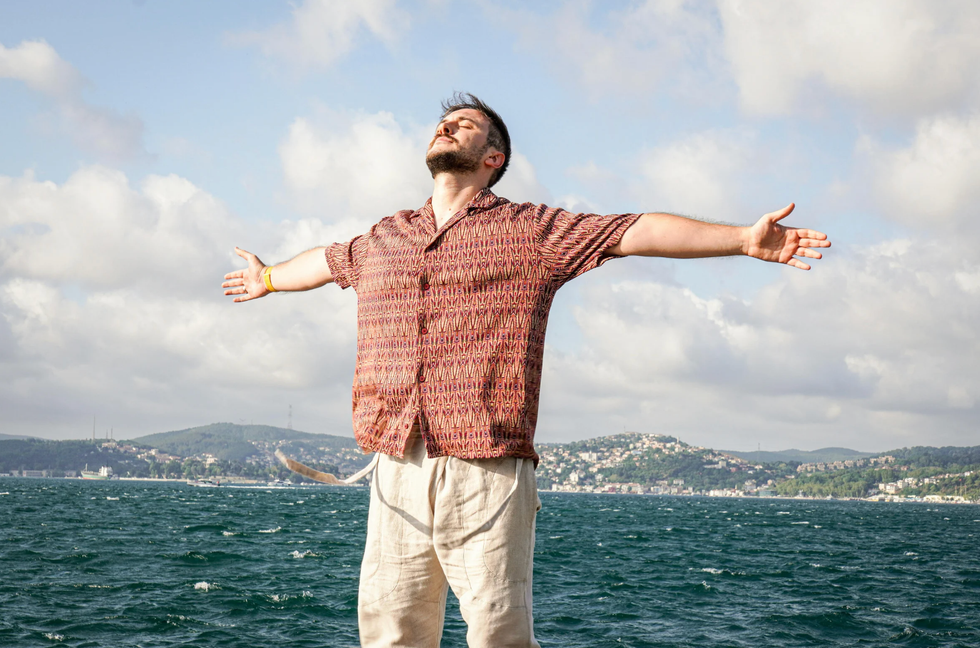 A anxiety-free man embracing the dayCanva
A anxiety-free man embracing the dayCanva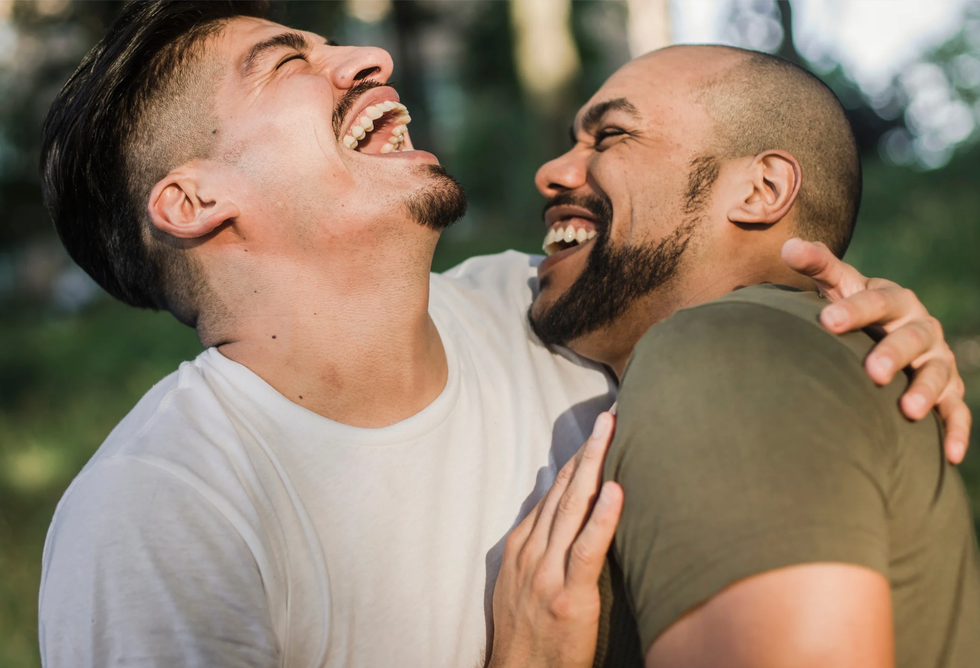 Two friends embrace each other while laughingCanva
Two friends embrace each other while laughingCanva A woman takes a relaxing bubble bathCanva
A woman takes a relaxing bubble bathCanva
 Confident young womanCanva
Confident young womanCanva
 Women and people of color who experience cardiac arrest are less likely to receive CPR.
Women and people of color who experience cardiac arrest are less likely to receive CPR.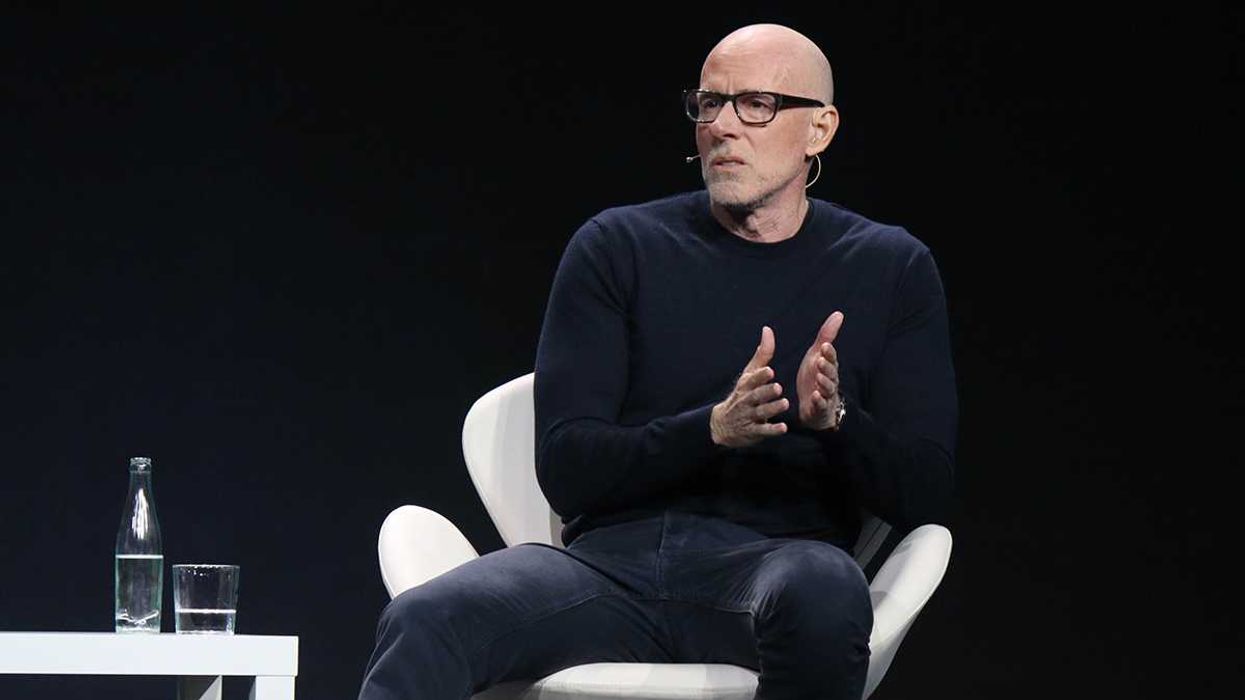
 Self reflection.Photo credit
Self reflection.Photo credit  Older woman touching hands with a younger self.Photo credit
Older woman touching hands with a younger self.Photo credit 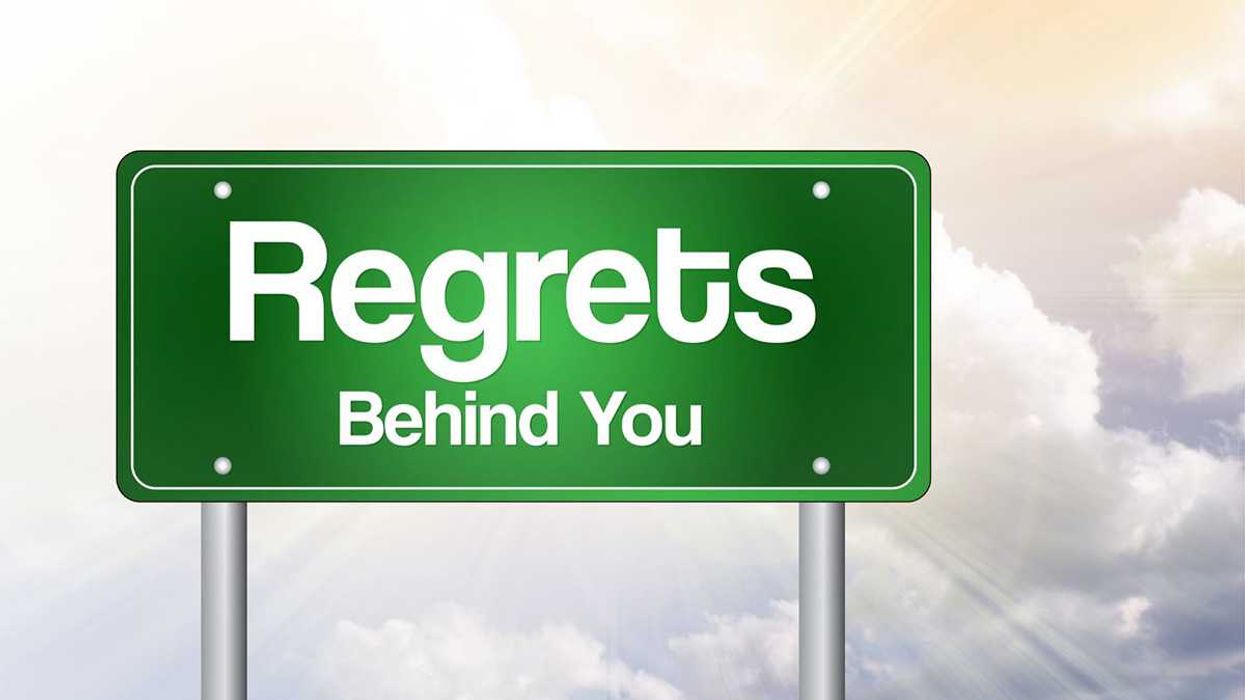 Sign reads, "Regrets Behind You."Photo credit
Sign reads, "Regrets Behind You."Photo credit